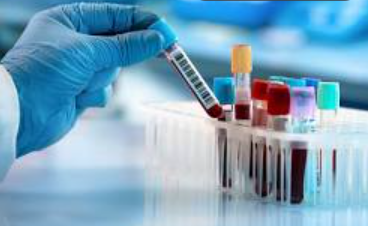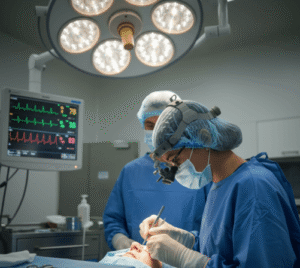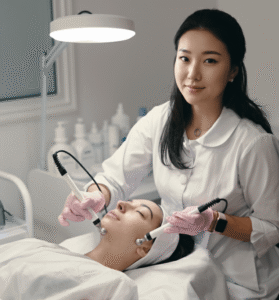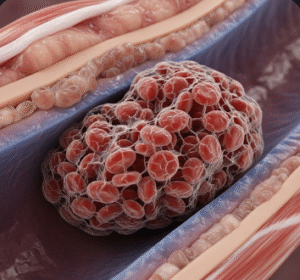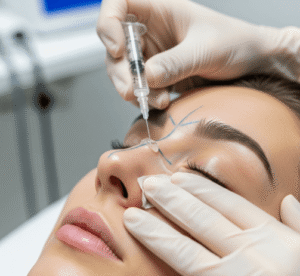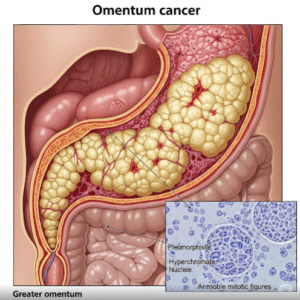Overview
Clinical trials are research studies conducted to evaluate the safety, efficacy, and side effects of new medical treatments, drugs, devices, or procedures. They are essential for the advancement of medical knowledge and the development of new therapies.
In South Korea, clinical trials are highly regulated and internationally recognized, with hospitals and research centers offering participation in phases I–IV trials. Korean medical centers are equipped with advanced technology, expert researchers, and comprehensive patient safety protocols, making them a leading destination for clinical research.
What is a Clinical Trial?
A clinical trial is a structured study involving human participants designed to answer specific health-related questions. Clinical trials are categorized by phases:
- Phase I: Tests safety, dosage, and side effects in a small group of healthy volunteers or patients.
- Phase II: Evaluates efficacy and side effects in a larger group of patients with the target condition.
- Phase III: Compares new treatments to standard treatments in large patient populations.
- Phase IV: Post-marketing surveillance to monitor long-term effects and effectiveness.
Clinical trials may involve pharmaceutical drugs, medical devices, behavioral interventions, or surgical techniques.
What are the Benefits?
Participation in clinical trials provides several potential benefits:
✔ Access to cutting-edge treatments before they are widely available.
✔ Comprehensive medical monitoring and follow-up care.
✔ Contribution to medical research that may help future patients.
✔ Potential for improved outcomes compared to standard treatments.
✔ High safety standards in South Korea with rigorous ethical oversight.
Patients should also be aware of potential risks and consider informed consent and study eligibility carefully.
Procedure Details
1) How should I prepare for a Clinical Trial?
- Eligibility screening: Includes medical history, physical examination, and diagnostic tests.
- Informed consent: Detailed explanation of the trial purpose, procedures, potential risks, and benefits.
- Baseline assessments: Lab tests, imaging, and other evaluations to determine health status.
- Lifestyle and medication review: Adjustments may be required before the trial begins.
- Patient counseling: Clear understanding of trial schedules, follow-ups, and reporting requirements.
Korean research centers provide thorough pre-trial education, safety protocols, and patient support.
2) What happens during a Clinical Trial?
- Participants receive the investigational treatment, placebo, or standard care, depending on the study design.
- Regular monitoring visits assess efficacy, side effects, and overall health.
- Lab tests, imaging, and questionnaires may be used to collect data systematically.
- Adjustments to dosage or treatment may occur based on individual responses.
- Participants are monitored continuously by qualified medical staff to ensure safety.
Clinical trials in South Korea follow international guidelines (ICH-GCP) and ethical standards to protect participants.
3) What happens after a Clinical Trial?
- Participants undergo final assessments and follow-up evaluations.
- Results are analyzed and shared with regulatory authorities, investigators, and sometimes participants.
- Continued monitoring may occur in long-term studies or extension trials.
- Patients may be offered standard treatment or ongoing access to effective therapies depending on trial outcomes.
Korean clinical trial centers provide comprehensive post-trial support, including medical follow-ups and counseling.
Risks / Benefits
Potential Risks:
- ➤ Unknown side effects or adverse reactions to new treatments
- ➤ Placebo assignment (may not receive active treatment)
- ➤ Additional visits and procedures may be required
- ➤ Potential inconvenience or lifestyle adjustments
Major Benefits:
- ✔ Early access to innovative therapies
- ✔ Close medical supervision and care
- ✔ Contribution to medical advancement and public health
- ✔ High ethical and safety standards in South Korean research centers
- ✔ Potential for better outcomes compared to standard treatments
Recovery and Outlook
- Immediate: Monitor for any side effects or complications from the investigational therapy.
- Short-term: Regular follow-ups and data collection for trial analysis.
- Long-term: Continued assessment may be part of phase IV studies or extended research.
- Outlook: Participants contribute to advancing medical knowledge and may benefit from early access to novel therapies.
South Korea offers world-class infrastructure, ethical oversight, and patient support to ensure safe and effective trial participation.
When To Call the Doctor
Contact the trial team or investigator if you experience:
- ➤ Severe or unexpected side effects
- ➤ Signs of allergic reaction or infection
- ➤ Worsening of underlying medical condition
- ➤ Any concerns about trial procedures or compliance
Best Korea Option / Process
South Korea is a leading destination for clinical trials due to:
- Highly skilled researchers and clinical investigators
- State-of-the-art facilities and advanced diagnostic tools
- Strict adherence to ethical guidelines and international standards
- Comprehensive patient monitoring and support
- International patient services, including language assistance and accommodation
- Opportunities to participate in global phase I–IV trials
Top institutions for clinical trials in Korea:
- Samsung Medical Center
- Asan Medical Center, Seoul
- Seoul National University Hospital
- Severance Hospital (Yonsei University Health System)
- Korean National Institute of Health Clinical Research Centers

